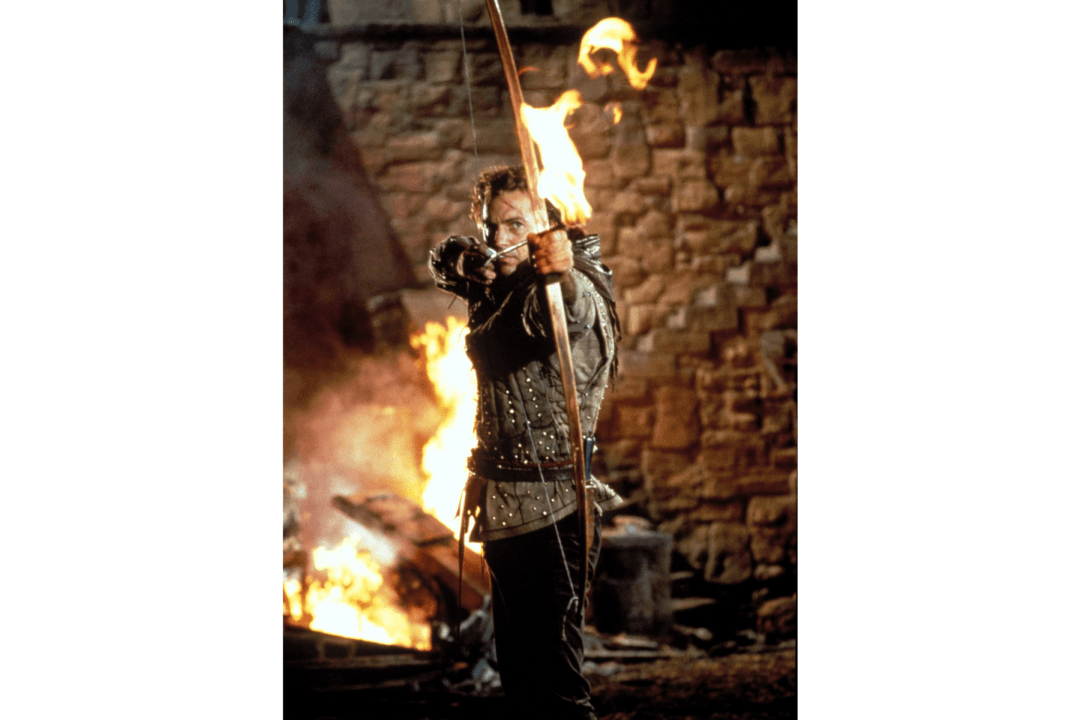Ignore the quibbling over this film’s lack of historicity and complaints about Kevin Costner’s missing English accent. The 1991 version of the popular story is a thoroughly entertaining film, packed with fun, spectacle, action, thrills, and some food for thought on fine values.
This contemporary retelling of a timeless myth revisits why we rally around figures like England’s folk heroes. It’s not because they win against impossible odds. It’s because, for the sake of their moral convictions, they’re willing to try. They are willing to stake everything on what they believe in: reputation, possessions, and their lives.





